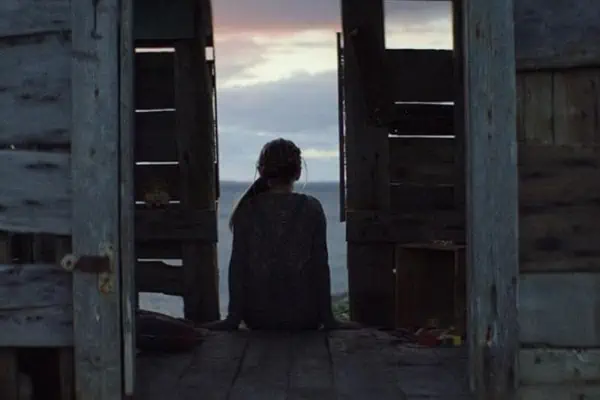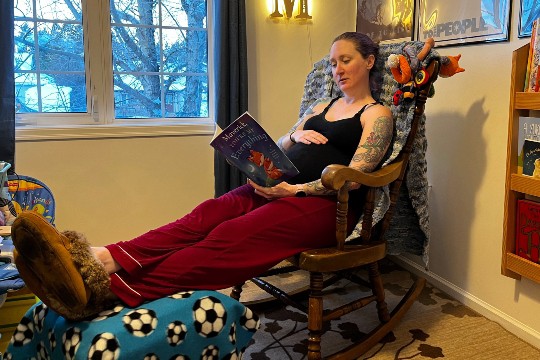In early-1993 my mom took my sister and I to see Alive, a film about an Argentinian rugby team that must survive a plane crash in the Andes. But the film was rated R and I was 11, so my mom had to do some research. She phoned our family friend, Hector MacKenzie, who worked on the film’s set. He confirmed that my sister and I could probably handle the subject matter; one of the reasons for Alive’s rating was the role of cannibalism in the plot.
You see, the search-and-rescue people couldn’t find the lost rugby team and eventually they called off the search. So in order to prevent starvation the survivors ate the flesh of the dead.
The first mention of cannibalism comes at the movie’s 42-minute mark when a pre-Reality Bites Ethan Hawke makes a joke about eating the pilot. At the 54-minute mark Hawke isn’t joking anymore; he earnestly makes the case for cannibalism as a survival necessity. The next 17 minutes of screen-time are devoted to Roman Catholic soul searching.
One character says, “God wants to see if we remain civilized.”
However, one-by-one the holdouts succumb to the pangs of hunger and are forced to join the buffet line. At the movie’s 71-minute mark the captain of the team finally announces that if he dies his teammates should eat him. And that is the last reference to cannibalism in the movie.
As a kid, this didn’t add up. I thought to myself, “That is why this movie is rated R? Because a group of men overcame their dietary hang-ups and used rational thought to save their lives? “What’s the big deal?”
The big deal, I think, is that when one is entrenched in a particular culture, certain practices seem intrinsically right or intrinsically wrong from within that culture’s lens. For example, those Argentinians were culturally trained to believe that cannibalism is wrong in all circumstances, but their desperate plight forced them to reconsider. They discovered that the morality of cannibalism is context-based.
Indeed, it’s not hard to imagine a society very similar to ours, with one exception: my hypothetical society believes that the highest honour one can bestow upon the dead is the consumption of them.
The biggest obstacle I see re: the implementation of this custom is that the majority of dying people are old and their flesh is probably as tough as the Dickens. But notice — that is a practical concern, not a moral one.
In conclusion, if you and I are on the same plane, and that plane crashes, and you die, and I survive, and the search for the plane is called off, and I get really, really hungry… I’m probably going to eat you.
But fair is fair; if I die and you survive, I absolutely insist that you eat me too.
I bet I taste like chicken.




